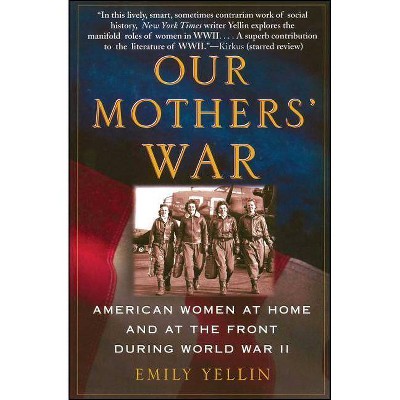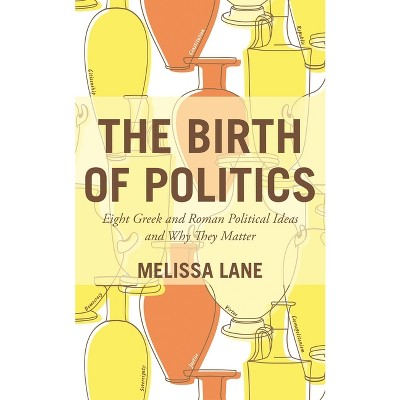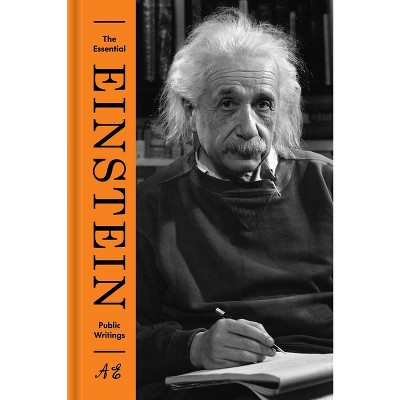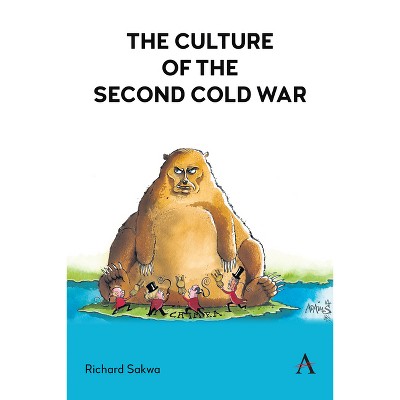Sponsored

Ukraine's Move to the West - by Stephanie Hale (Hardcover)
Pre-order
Sponsored
About this item
Highlights
- Using as case studies the three key outcomes during Ukraine's Euromaidan moment (late 2013-early 2014) - namely, the introduction of GM agriculture; the opening up of the country's energy industry to TNC-led fracking (shale gas extraction); and, the sudden and violent 'regime change' - this book examines the processes by which such foreign policy and international development outcomes came about; it does so by focussing on configurations of multiple influential actors - political, corporate, philanthropic and intellectual actors (e.g., academics, researchers at think tanks) - all of whom are connected by various combinations of social, personal, structural and political ties.
- About the Author: Stephanie Hale has a PhD in International Politics from SOAS University of London (UK), a MSc in International Politics from SOAS University of London (UK), and a BA in Government and Sociology from Hamilton College (New York, USA).
- 200 Pages
- Political Science, International Relations
Description
About the Book
This book provides a great backstory of what is happening in Ukraine. It contextualises Ukraine's 2014 EU-IMF aid deal and provides up to date empirical information and analysis through the lens of a socially connected global elite network. It contributes to the understanding of how power operates in international politics.
Book Synopsis
Using as case studies the three key outcomes during Ukraine's Euromaidan moment (late 2013-early 2014) - namely, the introduction of GM agriculture; the opening up of the country's energy industry to TNC-led fracking (shale gas extraction); and, the sudden and violent 'regime change' - this book examines the processes by which such foreign policy and international development outcomes came about; it does so by focussing on configurations of multiple influential actors - political, corporate, philanthropic and intellectual actors (e.g., academics, researchers at think tanks) - all of whom are connected by various combinations of social, personal, structural and political ties. More specifically, these outcomes are best explained by focusing on global webs of diverse social relations between elites spanning governments, international institutions, philanthropic foundations, research institutions and think tanks, 'civil society' organizations, and multi-national corporations. Some of the actors in this global elite network may be state or corporate actors, but their connections are not based just on 'national interest' or structural affiliation, and their primary allegiance is to the global elite network. Elites can exercise forms of power within policy settings, but only a global elite network can influence policy to the extent that all three of these outcomes were produced.
The overall outcomes were broken down into the processes and the events that produced them. These events include conferences, parties, business meetings and mergers, political speeches, policies, and so on. The key players in each of these events are identified and analysed, along with the multiple types of connections that link the various actors. The connections that link the different types of nodes into a cohesive global elite network were generated into maps as a visual aid to help follow the strong analysis of these relations and interactions.
First, this book details the multiple types of relationships, especially social and personal that enabled the outcomes. This is crucial in demonstrating how sensitive information flows along informal ties in a network. For example, social relations allow for the transfer of insider knowledge that is unregulated and has no oversight - information that the rest of the population (the masses) is not privy to. Social relations can allow for collusion, including in ways that may be legal, but unethical and thus potentially damaging in the public domain. This book also deploys a groundbreaking definition of the term 'gatekeepers' used throughout the analysis. Gatekeepers link people together; they link think tanks, corporations, politicians and foundations together, and also link nodes in different industries and sectors together (e.g., the development and foreign policy sectors, the philanthropic and corporate sectors, etc.). They bridge multiple industries, sectors, events and processes.
Second, this book focuses on the spaces where these social connections were fostered, revealing the key places for global elites to convene, align diverse agendas, collaborate, and thus produce outcomes and agendas. Such spaces are crucial in enabling structural connections to become social connections. Mutual membership to think tanks and foundations and attending the same conferences/panels at places like Davos or Bilderberg can serve as a space for meetings and allow for the exchange of information and ideas outside of a state capacity context and regulation. Third, this book explains how the official narrative surrounding the unusual outcome differs from the motives and actions of the members of the global elite network. There are discrepancies with expressed intent in narratives and the outcome. Questioning political narratives with a focus on relations helps to explore how political elites can control the mainstream narrative. Identifying the linkages of political actors (social, personal, financial, professional and political) outwards to TNCs, organisations, institutions, councils and other elites reveals the process by which a dominant narrative is re/produced, and thus shows an alternate reality behind political and development narratives. It is important to study these connections to understand how opposition groups are forced to exist within a dualistic narrative so that anything going against the mainstream and accepted narrative is not only wrong but also suppressed and sometimes erased.
About the Author
Stephanie Hale has a PhD in International Politics from SOAS University of London (UK), a MSc in International Politics from SOAS University of London (UK), and a BA in Government and Sociology from Hamilton College (New York, USA). She lives in London.
Shipping details
Return details
Frequently bought together

Trending Non-Fiction
















